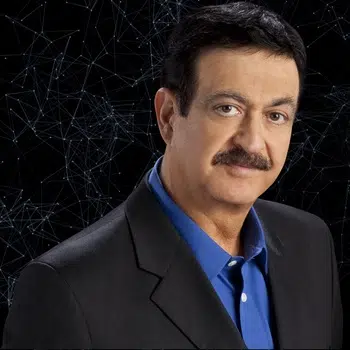By Daphne Psaledakis
WASHINGTON (Reuters) – The European Union and its allies are considering steps to address the export from China of goods that could help Russia’s military, including by imposing further sanctions, the bloc’s sanctions coordinator said on Thursday.
EU Sanctions Envoy David O’Sullivan said he discussed with U.S. counterparts this week how to address China’s growing role and the role of production hubs in Southeast Asia as sources of advanced technology products, as the partners look to crack down on Moscow’s evasion of Western sanctions imposed over the war in Ukraine.
“We will continue to see how we can address that,” O’Sullivan told reporters in Washington.
The United States, EU and partners have applied scores of sanctions targeting Moscow in an effort to deny Russia access to revenue and sophisticated technology it needs to make weapons for the war, which has killed or wounded tens of thousands.
The allies have also sought to crack down on Moscow’s evasion of the measures. O’Sullivan said those efforts have slowed and in some cases stopped shipment of goods that could have military uses through countries such as Turkey, Serbia and the United Arab Emirates.
“Because of that success, we see what I call the kind of eastward drift. We see increasing focus on Hong Kong, China as the source of these products. And we also see Western production hubs in Southeast Asia as a source of supply,” he said.
China’s embassy in Washington did not immediately respond to a request for comment. China has previously said it firmly opposes EU sanctions against Chinese firms over the Ukraine war.
His conversations in Washington this week have included discussion on how to address this, he said.
The EU has imposed sanctions on some entities in China and Hong Kong that it sees as part of procurement networks for buying European products for export to Russia, and will continue to do so, he said.
Washington and the EU are also looking at other ways to address the new phase, including by reaching out to China itself, he said.
O’Sullivan also said the international community needs to worry about the so-called shadow fleet of aging tankers that Western sanctions and a price cap have forced some oil market players in Russian oil to rely on. He said that the EU and its partners are trying to shut off the supply of end-of-life tankers.
If one of the vessels leaks along the coast of a country, it would create a “massive ecological disaster” without clarity that there is reliable insurance to pay for the cleanup, he said.
(Reporting by Daphne Psaledakis; Additional reporting by Timothy Gardner and David Brunnstrom; Editing by Don Durfee and Deepa Babington)





Comments